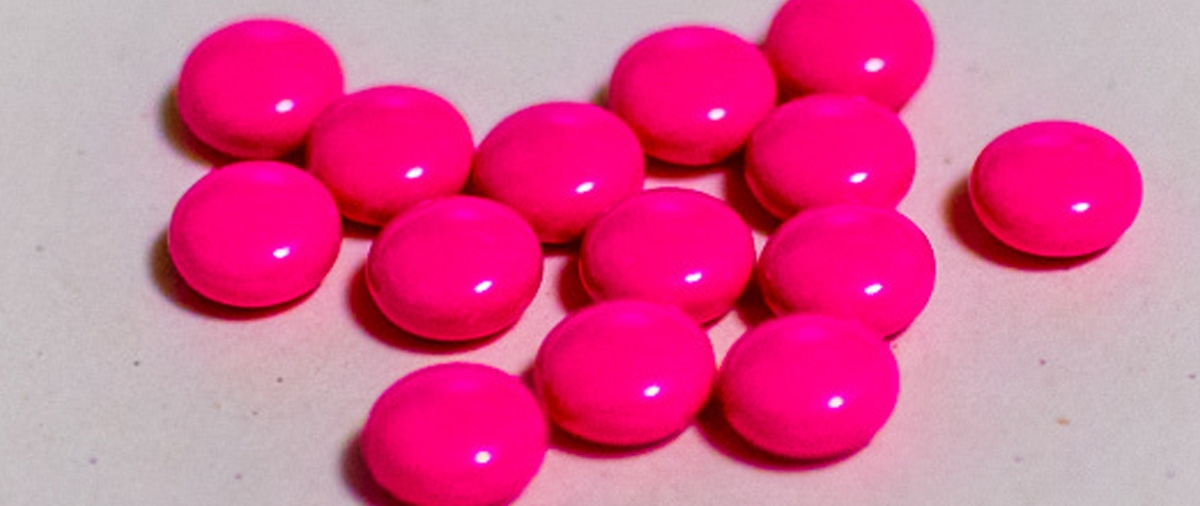The Heart Cholesterol Complex

It is difficult for a man to understand something when his income depends on his not understanding it. H.L. Mencken
About the time World War I was breaking out in Europe, doctors conducting postmortem exams on heart attack patients discovered that those patients’ coronary arteries were gunked up with cholesterol.
“Aha!” said medical science, “People need to stop eating foods containing cholesterol because that’s what’s causing heart attacks and strokes!” For decades the medical establishment, the nutritional establishment, the U.S. government, and good-health nags everywhere insisted that we stop eating cholesterol-containing foods. If you had a poached egg for breakfast, you were obviously Seriously Deranged.
But this was flat-out silly. It was like saying people shouldn’t eat celery because we will turn green.
Eventually it became clear even to medical science that eating foods containing cholesterol had nothing to do with gunking up your arteries or having heart attacks. Among other things, that blackguard, Ancel Keys (I’ve excoriated him before in these pages, namely here), had demonstrated that people who ate the equivalent of 16 eggs/day had fewer heart attacks, not more, though he buried the data.
But did the medical establishment issue a massive apology? Did all those folks who had for decades blasted the egg industry as Merchants of Death fall on their swords and resign? Did medical science admit that the Heart Cholesterol Hypothesis was bunk? No, no and no.
Although the Heart Cholesterol Hypothesis had stumbled badly out of the gate, the scientists weren’t giving up – they merely switched their advice.
Cholesterol and statins
“Actually,” medical science intoned, “it’s not what you eat that matters, it’s the level of serum cholesterol in your blood that matters, regardless of how it got there.”
Thus, what medicine needed was a powerful drug that would reduce overall cholesterol levels. And such a drug was found! Not, I might point out, in the vaunted labs of the world’s pharmaceutical giants, but growing wildly in a Chinese rice paddy. (Mevastatin lives in soil fungi and oyster mushrooms. It’s a poison that kills organisms that try to eat it. It also killed the dogs it was tried out on.)
Mevastatin was quickly synthesized (a major scientific feat at the time) and, instantly, millions of Americans were prescribed statins. Also instantly, a massive arms race was mounted to find better and better and more and more statins. By my count, the FDA currently has seven statins approved for use, and the 800-pound gorilla of them, Lipitor (atorvastatin), is the most financially successful drug of all time.
Alas, there were two problems with this madness. The first was that some of the statins turned out to kill people, not just other organisms. (Those stains were quickly and quietly withdrawn from the market.) The second problem was that statins’ effect on heart attacks and strokes was far more uncertain than the Heart Cholesterol Hypothesis had projected.
A charitable summary of the outcomes of the scores and scores of studies of statins would go like this: For people over age 50, statins are counterproductive – older people live longer with higher levels of cholesterol, not lower levels. Statins don’t help women at all. Statins seem to offer modest benefits to people who have already suffered heart attacks or strokes.
Emphasis on the “modest.” Despite the silly claim by the drug industry that statins help heart patients by reducing new heart troubles “by 25%,” that’s the relative reduction. The absolute reduction, which is what individual patients care about, is about 1%. So we spend billions of dollars on drugs that harm some people, have no effect on other people, and a have a trivial effect on the balance (The patients who were benefitted – one person in 200 – lived exactly three months longer than those who didn’t take statins.) Meanwhile, we are all ingesting this powerful drug every day for decades.
You might suppose that disappointment with the modest effects of statins would lead medical science to rethink the Heart Cholesterol Hypothesis, but you would be wrong. With two strikes against it, medical science soldiered on.
Good cholesterol
“The problem with statins,” medical science intoned, “is that they reduce cholesterol levels across the board. But some cholesterol – HDL cholesterol – is good for the heart. Thus, reducing bad cholesterol – LDL – improves heart outcomes, but simultaneously reducing good cholesterol hurts heart outcomes, essentially offsetting the benefit.”
What the world needed was a powerful drug that would raise HDL levels. Needless to say, such drugs were soon discovered and we were all soon taking them. Alas, disappointment ensued yet again. The drugs raised HDL levels, to be sure, but they (torcetrapib, e.g.) also killed people – people in the treated groups died 50% faster than people in the control groups. (Those drugs were also quickly and quietly withdrawn from the market.)
If my count is correct, that was strike three for the Heart Cholesterol Hypothesis. But this ain’t baseball, folks, and medical science insisted on staying at bat.
“Maybe it’s true,” intoned medical science, “that eating cholesterol doesn’t cause heart attacks. (Okay, okay, we were wrong about that, but don’t be so picky!) And maybe it’s also true that statins didn’t do as much good as we claimed. (Hey, anybody can be wrong!) And, well, the less said about HDL-lowering drugs the better.
“But,” continued medical science, “even though we’ve demonstrated for six decades that we don’t know what we’re doing, this time we’re right! What the world needs is powerful drugs to lower LDL cholesterol – bad cholesterol. No! Not just to lower LDL levels, but to eliminate LDL from the face of the earth!”
We’ll see how that nonsense worked out next week.
Next up: Why We Don’t Take Our Meds (Again), Part 7





